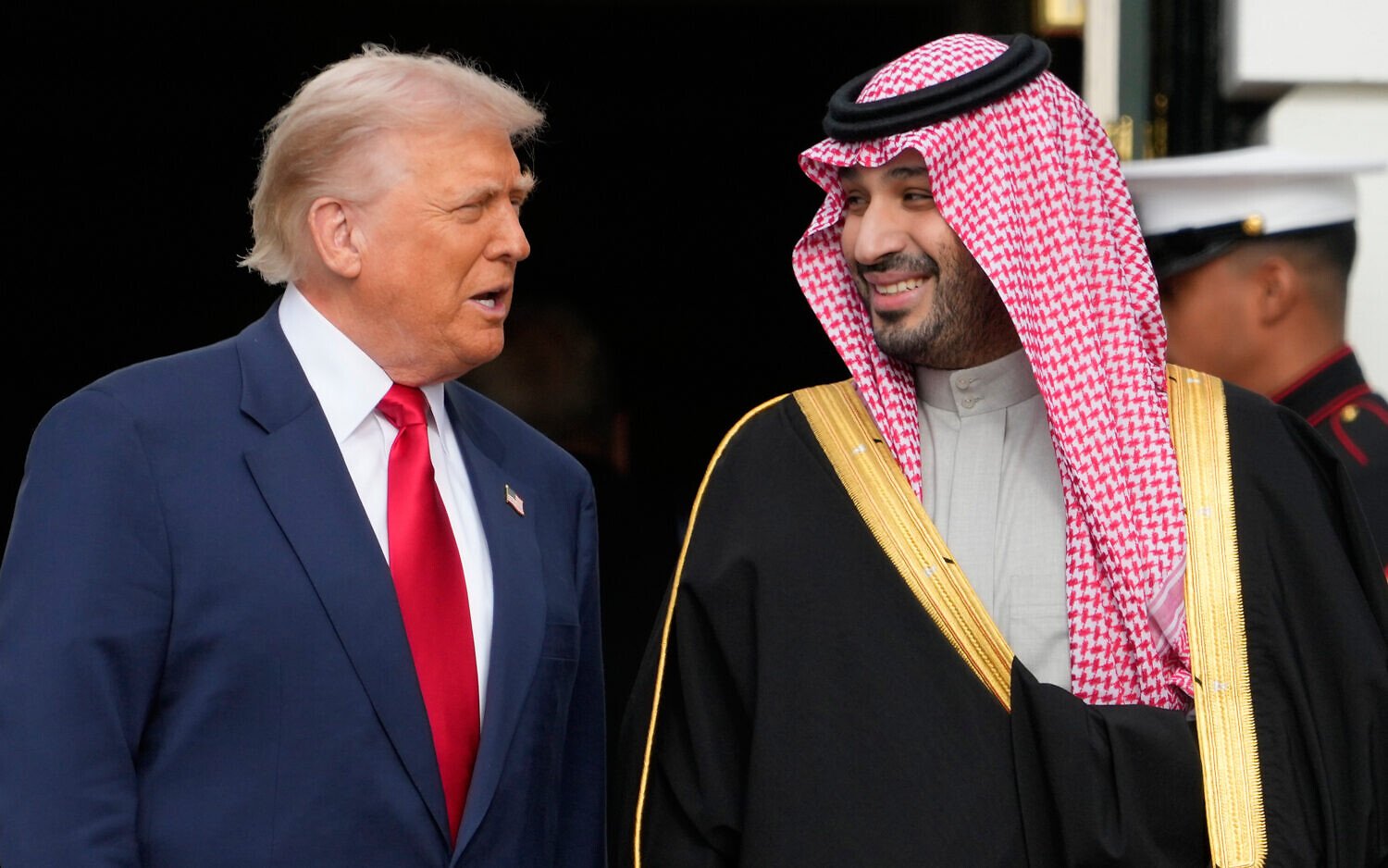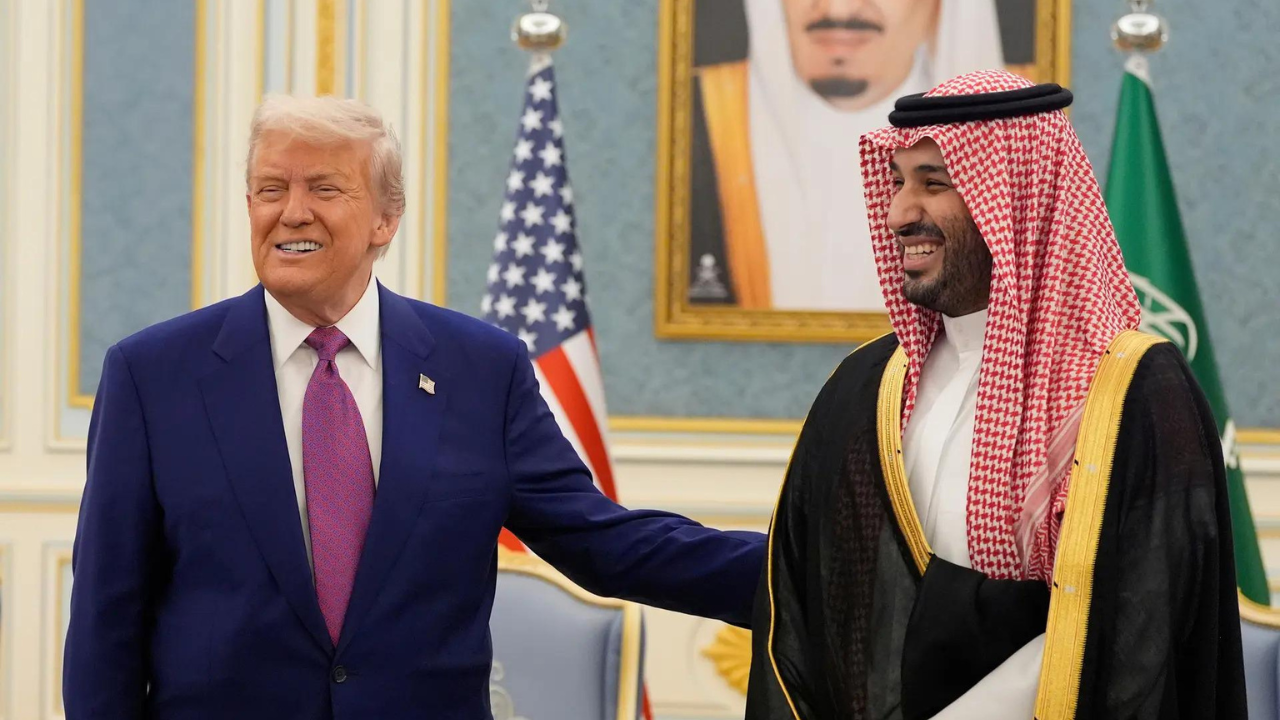Historic Agreement Strengthens US–Saudi Strategic Ties
The United States and Saudi Arabia have jointly approved a civil nuclear deal and the sale of F-35 fighter jets. It shows the high level of US-Saudi defense cooperation. This dual agreement marks one of the most significant upgrades in bilateral relations. It is expected to reshape US foreign policy in the Middle East.
Civil Nuclear Deal
The newly approved Saudi Arabia nuclear agreement allows the Kingdom to develop peaceful nuclear energy. It utilizes US-approved civil technologies. The plan aims to support Saudi Arabia’s goal of diversifying energy resources as part of its broader modernization agenda.
Key Benefits of the Civil Nuclear Deal
- Transfer of civil nuclear technology for peaceful energy production.
- Reduced dependence on oil-based energy.
- Boost to national infrastructure under Vision 2030.
- Strengthened trust and transparency through the US partnership.
F-35 Fighter Jet Sale: Strengthening Defence Capabilities
The US has also approved the sale of next-generation F-35 fighter jets to Saudi Arabia. Saudi Arabia is one of the few countries having this elite aircraft.
Why the F-35 Sale Matters
- Enhances Saudi Arabia’s air superiority in the Gulf region.
- Strengthens joint defence operations with the US.
- Expands capabilities in surveillance, intelligence, and precision targeting.
- Signals deeper military integration among US allies.
The US-Saudi F-35 fighter jet sale places it among the world’s most advanced air forces.
Impact on Middle East Defence and Geopolitics
This dual agreement is expected to influence global geopolitics in the Gulf region. The alignment could shift the balance of power and stimulate new regional defense strategies.
Regional Implications
- Increased deterrence against regional threats.
- Stronger strategic partnership among Gulf allies.
- Greater US influence in regional security architecture.
- Rising global attention on US Middle East policy decisions.
Analysts believe these agreements will play a defining role in shaping future military and diplomatic alignments.
Global Reactions: Support and Strategic Concerns
Reactions from global powers highlight the significance of this move:
- European nations cautiously welcome the energy cooperation component.
- Israel monitors the F-35 sale closely due to regional security balances.
- China and Russia view the deals as a challenge to their growing influence in the Gulf.
- International energy experts see the civil nuclear agreement as a milestone in sustainability.
The international community is now assessing how these decisions will alter the region’s future.
Conclusion
The US-Saudi civil nuclear deal and the US-Saudi F-35 fighter jet sale mark a major turning point in bilateral cooperation. These agreements reinforce a powerful US-Saudi strategic alliance. It will strengthen defense modernization and reshape US foreign policy in the Middle East.






